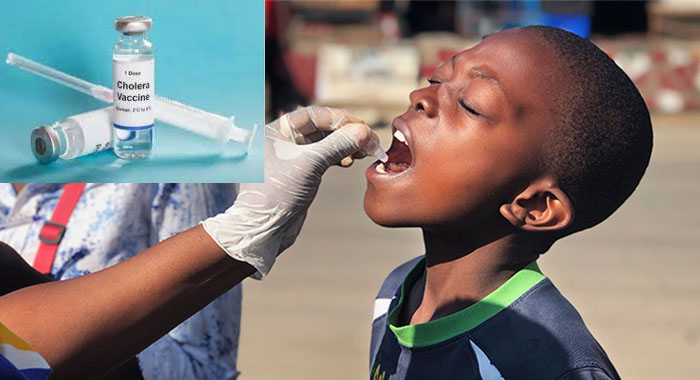The United Nations Children’s Fund (UNICEF) has issued a dire warning about the heightened vulnerability of children under five during cholera outbreaks.
According to Celine Lafoucrier, Chief of the UNICEF Lagos Field Office, these young children are particularly susceptible to severe dehydration and higher mortality rates, necessitating urgent and targeted intervention.
In a statement released on Saturday, Lafoucrier stated the need for state policies to prioritize the provision of high-standard water and sanitation facilities. She highlighted the importance of fortified healthcare systems capable of meeting the increased demands during cholera outbreaks.
“Recurrent cholera outbreaks critically affect children and populations at large,” Lafoucrier said. “These vulnerable groups face substantial health risks, particularly those under five who are prone to severe dehydration and higher mortality rates.”
The impacts of cholera outbreaks extend beyond immediate health risks. Educational disruptions are a significant consequence, as illness and the need to care for sick family members lead to school closures and reduced attendance.
This, in turn, hinders children’s learning and development. Post-recovery issues such as malnutrition, stunted growth, and weakened immune systems also leave children more vulnerable to other diseases.
Lafoucrier outlined several key strategies to combat cholera transmission, including the implementation of sustainable Water, Sanitation, and Hygiene (WASH) infrastructure, the strengthening of health systems to anticipate epidemics, and the promotion of effective community engagement strategies.
“Preventing cholera centers on good sanitation and hygiene practices,” she stated. “Proper disposal of feces, eliminating open defecation, and ensuring access to potable water are crucial. Regular handwashing with clean, running water and soap is vital.”
Lafoucrier advised avoiding the consumption of uncooked vegetables, unwashed fruits, raw or undercooked seafood, and food from street vendors to reduce the risk of cholera infection.



